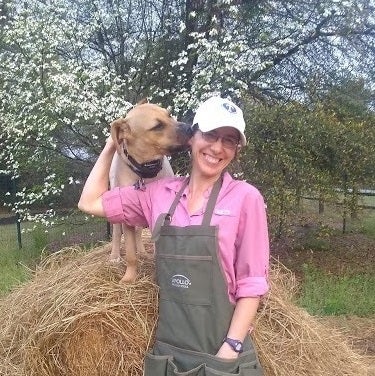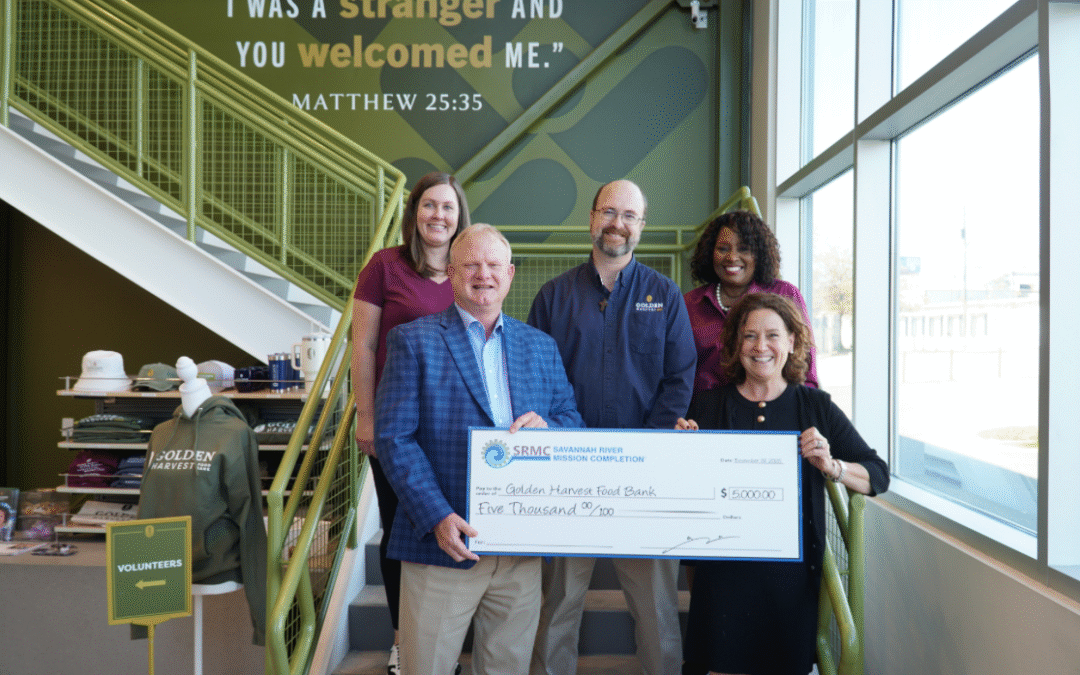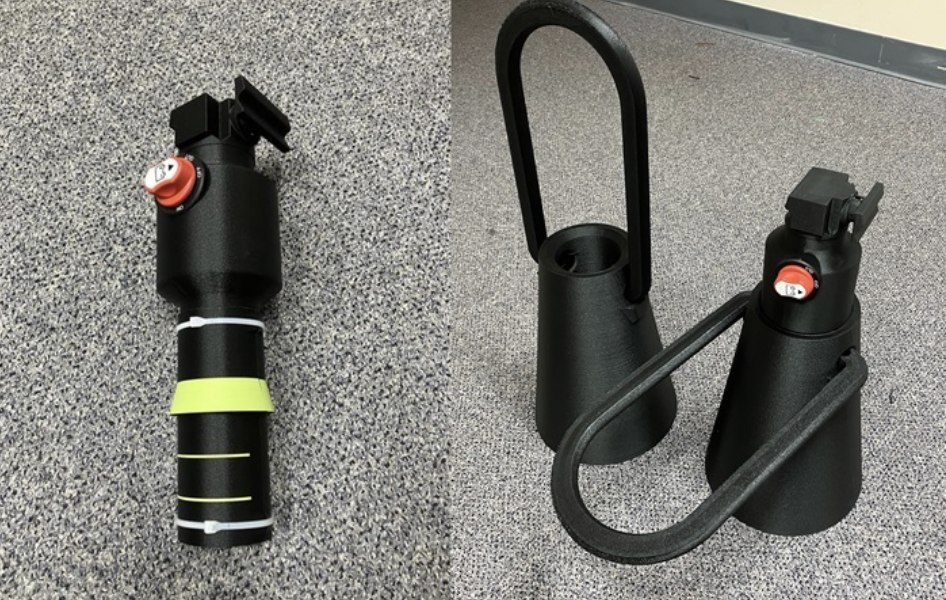Hendricks Farm and Hatchery of McBean, Ga. was a small start-up business when it was given the spotlight in The Augusta Press a year ago, and now the farm has again won the 2023 Best of Georgia award in Georgia Business Journal’s annual readers’ poll.
This is the second year that the farm has won the GHJ’s top honor.
According to owner Jenny Hendricks, the organic farm operation has expanded to selling its meat to people living in 31 states and now sells beef and turkey meat as well as chicken. Hendricks also plans to add pork to the menu next fall.

Hendricks also has also become something of an internet influencer with her “Chicken Chat” and “Chicken Trivia” podcasts that are shown on Facebook and YouTube. The social media exposure has made Hendricks somewhat of an internet star.
“Occasionally I get tourists who show up and want to see the farm. Some people traveling from Russia stopped by and asked to be given a tour, and of course, I fed them while they were here,” Hendricks said.
It was a food allergy that turned the master gardener into a professional farmer.
Eleven years ago, Hendricks learned that she was allergic to soy products after experiencing painful intestinal issues.
According to Medical News Today, around 10.8% of the population suffers from some sort of food allergy, and soy accounts for .05% of allergy cases in the United States.
Unlike a peanut allergy, which is more common, it is nearly impossible to avoid soy because it is fed to livestock and therefore makes its way into the meat, milk and eggs that are sold commercially. Even vegan diets rely heavily on soy because it is rich in protein.
Hendricks switched to a diet of fruits, nuts and home-grown produce, but it was not enough. She lost weight and suffered bouts of anemia. That was when she decided to raise a few chickens from hatchlings and feed them a non-soy diet.
“Not only did the meat not make me sick, but I found that it didn’t taste like grocery store meat at all. The meat is more flavorful when the animals are eating what nature intended them to eat instead of processed pellets,” Hendricks said.
Hendricks Farm birds are fed a natural diet and allowed to be truly free range so they can peck the ground looking for worms and insects.
When it is time, Hendricks sends the birds to her preferred butcher who uses a “dry” chilling technique that preserves the natural flavor.
Once the chicken business took off, Hendricks expanded the operation to include beef and says, once again, she was amazed at the difference in the taste quality of cows that are organically fed and not pumped with chemicals meant to bulk up the cows and artificially provide more meat.
“Our meat is a little more expensive, but every last one of my customers agree it is worth it. You can’t get meat like this in a grocery store,” Hendricks said.

Hendricks is also trying her hand at publishing and is currently in the editing stage of her “chicken book.” The book is intended for people who might want to get into the hobby of raising chickens and contains stories about some of the notable chickens she has raised and their personalities.
The book also contains information on how to keep chickens safe from predators. Hendricks’ farm has had to deal with raccoons and snakes, as well as a sudden attack by two pit bull terriers that decimated her flock.
Hendricks says the dogs managed to get through all of her defenses and literally began massacring her chickens, necessitating her to get her firearms and intervene.
“I told my dog, ‘Farm Dog stay back’ and thankfully he listened to me. Those pit bulls were pumped with adrenaline and covered in blood. I emptied the shotgun on them, but one kept coming at me with a dead chicken in its mouth,” Hendricks said.
Hendricks says she had to pull her side arm to finally put the attacking animal down.
Farm Dog is also featured in the chicken book. Hendricks says he was a rescue from the Augusta Animal Shelter and he is not only her best friend, but he has learned how to be a true “farm dog,” helping corral the stock and being a protector as well.
The book also contains interesting trivia that some may not know, such as that hens are born with two ovaries, but if the ovaries stop functioning, the birds go into “henopause”, and they begin to develop male-like features such as tail plumage common only on roosters.
The hens become like the great aunt who shows up for Christmas dinner sporting bright pink lipstick and a mustache.
Hendricks says she is working on a final title for the book, and she is aiming to release the book this spring.
“I never thought that I would become an expert on raising chickens, this has been a fun adventure and it just keeps getting better,” Hendricks said.
Scott Hudson is the Senior Investigative Reporter and Editorial Page Editor for The Augusta Press. Reach him at scott@theaugustapress.com










